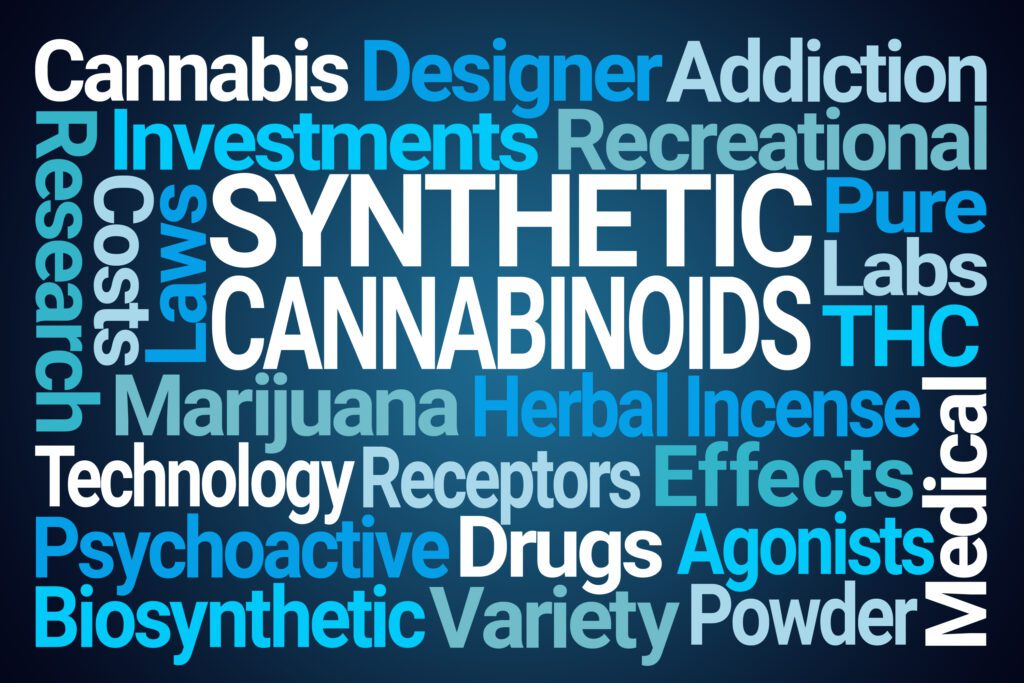
Unveiling Delta-8 THC, HHC, and Synthetic Cannabinoids: An In-depth Look
The burgeoning interest in cannabinoids has paved the way for substances like Delta-8 THC, HHC, and synthetic variants often referred to as fake weed. Exploring Delta-8 THC aims to shed light on the benefits, risks, and legal landscape surrounding these substances.
Delta-8 THC: A Glimpse into its World
Exploring Delta-8 THC, a psychoactive compound found in Cannabis sativa, is typically derived from hemp-based isolated CBD. Despite its legal availability in 47 states, the FDA hasn’t evaluated its safety, raising concerns. Discover more about Delta-8 THC and how it’s carving a niche in the cannabis market.
- Benefits: Potential relief from anxiety, pain, and nausea.
- Risks: Adverse events like hallucinations and loss of consciousness.
- Legal Status: Complex, with varying state regulations
THE DANGER OF SYNTHETIC CANNABINOIDS: DEATHS AND NEGATIVE RESEARCH
The Delta-9 THC and Delta-8 THC Dichotomy
While both Delta-8 and Delta-9 THC share psychoactive traits, their chemical structures differ slightly, leading to milder effects with Delta-8 THC. Despite this, the legal ambiguity surrounding Delta-8 THC continues to perplex many. Learn about the dangers of Delta-8 as contrasted with Delta-9 THC.
Diving into HHC’s History and Potential
HHC, a synthetic cannabinoid, emerged in the 1940s with potential glaucoma treatment properties. Recent studies hint at its efficacy in treating anxiety and depression, making it a topic of interest in cannabinoid research.
- Benefits: Similar effects to THC with potentially fewer adverse side effects.
- Risks: Like Delta-8 THC, the lack of regulation could lead to harmful impurities.
Fake Weed and Synthetic Cannabinoids: A Dangerous Territory
The realm of synthetic cannabinoids, often marketed as legal highs or fake weed, is fraught with dangers. With severe adverse effects and a high risk of addiction, the importance of steering clear from these substances can’t be overstressed. Explore the differences between fake weed and natural cannabis to make informed choices.
- Recognition: Products with names like Spice or K2 are often synthetic cannabinoids.
- Avoidance: Opt for natural, full-spectrum extracts from reputable sources like Kentucky Cannabis Company.
Legal Landscape of Synthetic Cannabinoids
The legal framework surrounding synthetic cannabinoids is a complex tapestry with federal laws prohibiting substances like K2 and Spice, yet state laws vary. Awareness of your state’s stance on these substances is crucial to avoid legal repercussions.
Conclusion
The journey through the domains of Delta-8 THC, HHC, and synthetic cannabinoids unravels a mixture of potential benefits and inherent risks. While the allure of Delta-8 THC and HHC’s benefits may be tempting, the dark underbelly of synthetic cannabinoids presents a stark warning. Education and adherence to legal guidelines are your keys to navigating this intricate landscape safely.
